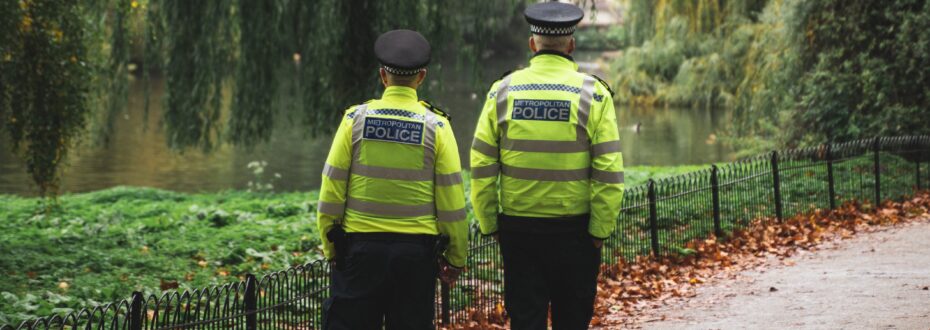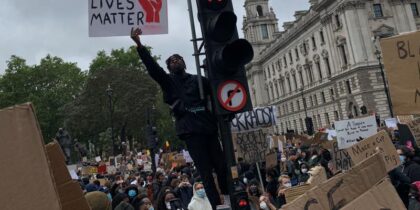As the elected Police and Crime Commissioner (PCC) for Kent, my duties include engaging with communities, setting local priorities through Police and Crime Plans, and holding Chief Constables to account for the delivery of these priorities. PCCs also set the police budget and are responsible for commissioning vital victim support services.
I am also the mental health lead at the Association of Police & Crime Commissioners (APCC), a body that brings PCCs together on national issues.
Through this role, I’ve had the opportunity to raise awareness of mental health issues and to improve the approach of the police and the wider criminal justice system to ensure those who are most vulnerable and living with mental health issues receive the right care, from the right people at the right time.
I am hopeful new mental health legislation will result in improvements to the way people, including people from ethnic minorities, living with mental health issues are treated within our country.
Recently, I was invited by Professor Sir Simon Wessely to inform the independent review of the Mental Health Act, a piece of work that will hopefully result in significant improvements to our outdated mental health legislation. The review provided opportunities to raise awareness of the pressures facing policing as a 24/7 emergency service, and at the same time recognised that people with mental health issues should not be held in police stations.
Importantly, the review identified issues relating to mental health and race, with recommendations to improve data and research on ethnicity and use of the Act. The tragic death of George Floyd adds a greater sense of urgency to issues of race and criminal justice on an international scale. I am hopeful new mental health legislation will result in improvements to the way people, including people from ethnic minorities, living with mental health issues are treated within our country.
Policing is on a journey when it comes to mental health
To support wider work on race and policing, I have joined PCC colleagues to better understand issues of race and inequality facing policing, be it treatment of detainees, recruitment or improving public confidence. This work is ongoing.
Policing is on a journey when it comes to mental health. I am encouraged by how awareness of mental health has improved, from the wellbeing of police officers and staff through to identifying mental ill health and vulnerability. Street triage (collaborations between policing and health whereby dedicated officers and mental health nurses work together to respond to individuals with mental health needs) is an excellent example of progress made. However, it is not the solution, but a step towards ensuring those people who are suffering have early access to the support they require.
While the progress made is encouraging, the need to work together remains, particularly if we are to achieve tangible outcomes that will improve support for vulnerable people. PCCs must play an important role with our scrutiny and commissioning responsibilities, and we must work with mental health experts and those with lived experience to identify learning and areas of improvement.
with more people staying at home as a result of the necessary lockdown measures the risks to our wellbeing are significant
This is true when it comes to assessing the impact of Covid-19 and the learning we want to take forwards. It is clear with more people staying at home as a result of the necessary lockdown measures – and the effects of not seeing friends or family, or reduced opportunities to take up vital mental health support – the risks to our wellbeing are significant.
I am also aware of the positive work that has transpired during the pandemic, including the outstanding efforts of the voluntary sector in shifting away from traditional delivery of their care to maintain support for people struggling with mental health difficulties.
In my role as APCC mental health lead, I will undertake a rapid review of emerging practices and mental health related issues arising from Covid-19, seeking to identify practices to adopt, adapt or indeed abandon. I look forward to sharing the findings from this work in the near future.






